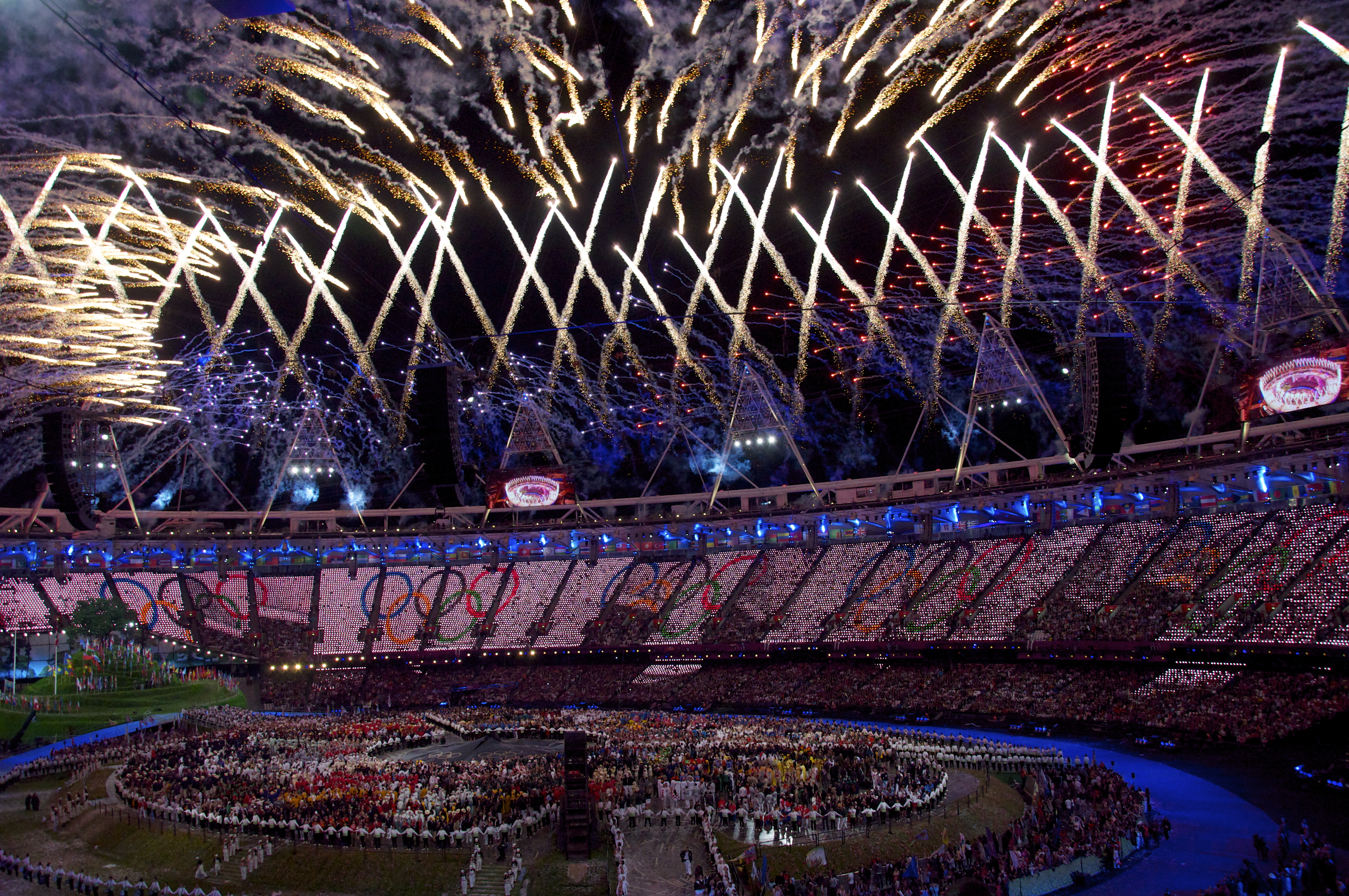
In this article, Margaret Deuter, a managing editor, and Leonie Hey, an assistant editor in the ELT dictionaries department at Oxford University Press, look at some of the language that came out of the Summer 2012 Olympic Games in London.
As memories of the 2012 Summer Olympic and the Paralympic Games fade, interest shifts to the legacy of the Games. Work has begun on the Olympic Park. Some of the buildings are being dismantled and taken to Rio. Others will be transformed for other uses. The poetry displayed around the Olympic site and read by thousands of spectators last summer will stay. But what about the words that were not carved in stone? The words that were on the lips of commentators and spectators – will their legacy include a permanent place in the English language?
Like true athletes, words are versatile, and during the Summer Olympics they were changing discipline all over the place. Competitors no longer ‘won a medal’, but ‘medalled’ – Michael Phelps even became the ‘most medalled Olympian’! To receive their medal, they used to stand on a podium – now they can ‘podium’. Neither of these verbs first appeared at these Games (‘to medal’ has been around since 1822) but the boost they received may mean that they will be around for longer.
And what a godsend for teachers dealing with comparison of adjectives the Games with their ‘faster, higher, stronger’ motto is. Reporters claimed they were running out of superlatives and reaching feverishly for the dictionary…
‘Medal munching’ was a new name for something that winning athletes have probably done for some time – biting into the gold for the cameras – or was it just another opportunity to show off that patriotic “nail art”? Talking of nails, how many of those athletes were ‘nailed-on winners’? Of course they ‘nailed it’ – they won – but beforehand, pundits knew which candidates were guaranteed to succeed. This expression is a nailed-on certainty – it’s already used in a variety of contexts, including many sporting ones (‘a nailed-on penalty decision’) but also going beyond the world of sport: ‘A merger and acquisition boom looks nailed on.’ ‘It’s a nailed-on recipe for disaster!’
Words not only morph into new parts of speech, they associate with new companions. Flag-bearers and torch-bearers always make appearances at the Olympics. A new compound was created for London in the shape of Games Makers. Although volunteers had helped at the Games when they last came to London in 1948, this year they were christened ‘Games Makers’ in recognition of the way they helped ‘make the Games happen’. They were featured on a commemorative stamp after the Games, but their name might not be immortalized in the language. I doubt whether that’s a compound that will make its way into the dictionary.
New venues, too, will generate new terms. Perhaps in 2016 we’ll all be adding sporting words of Portuguese origin to our vocabulary.
The sporting legacy of the Olympics may be less spectacular than the politicians and sports organizers hoped – too many of us preferred to sit back and watch others achieve sporting greatness to doing anything more athletic than reaching for the remote control. But a little corner of the English language will have been shaped by the excited crowds and commentators of London 2012.
Margaret Deuter is a managing editor in the ELT dictionaries department at Oxford University Press. She taught English in Germany and the United States before becoming a lexicographer in 1991 to work on monolingual and bilingual learners’ dictionaries.
Leonie Hey taught English in Sardinia and worked as a language teacher in the UK before joining OUP in 2011 to work on monolingual and bilingual learners’ dictionaries.


[…] recent OUP ELT blog about the language legacy of the Olympics included some examples of nouns being used as verbs. Competitors no longer stood on the podium and […]
[…] recent OUP ELT blog about the language legacy of the Olympics included some examples of nouns being used as verbs. Competitors no longer stood on the podium and […]